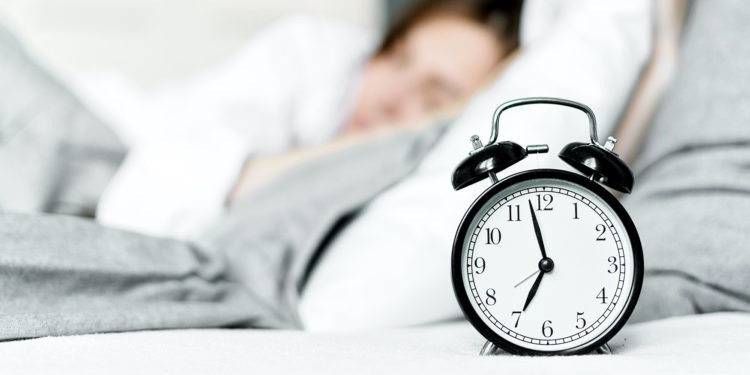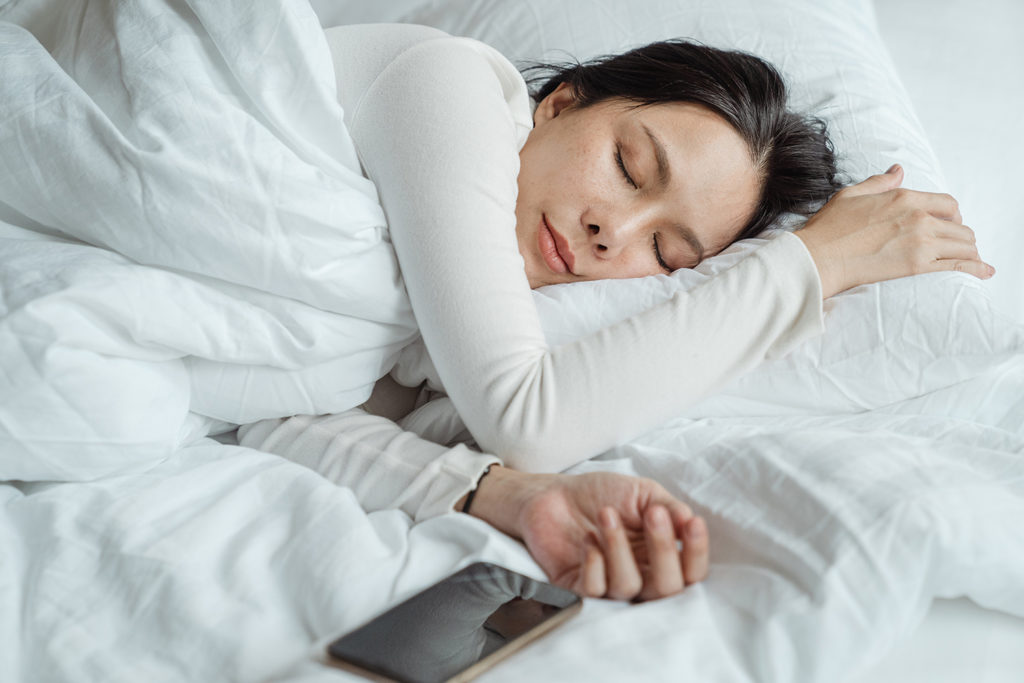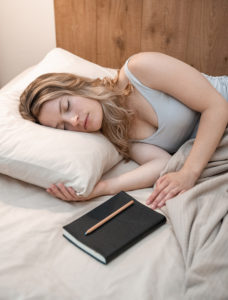Get You Zzzzzs…

It’s important to become so good at sleeping that you can do it with your eyes closed.
“A good laugh and a long sleep are the two best cures for anything.” (Irish proverb)

Sleep, or the constant lack thereof, is one of the biggest contributing factors to mental and physical health issues. You know that feeling when you have not gotten enough sleep: every problem just seems worse, and we tend to have reduced ability to handle the daily stresses of life. On a more long-term scale, lack of sleep can have adverse effects on our physical health, potentially leading to chronic medical conditions such as heart disease, diabetes, and high blood pressure. If you sleep less than six hours a night on a regular basis, you can seriously put your overall physical health in jeopardy. It is time to view sleep as a critical part of your wellness plan. With March as National Sleep Awareness Month, it is a good time to take stock of your sleeping habits, understand how they might be affecting your overall quality of life, and then take steps to see how you can improve upon those sleep habits.
According to the National Institutes of Health, an estimated 70 million Americans struggle with some sort of sleep disorder. Are you one of them? For adults ages 26-64, it is recommended one gets 7-9 hours of sleep each night. Adults over the age of 64 should aim for 7-8 hours per night.
In recognizing March as Sleep Awareness Month, we wanted to share some tips on getting a good night’s sleep. If you are sleep-deprived, keep reading. This could save your life. Without sufficient sleep, you are potentially setting yourself up for disease and compromised overall physical and mental health.
Exercise. We all know that physical activity does a body good. It also promotes good sleep. However, it all depends on the type of workout you do and the time of day you exercise. Strength training is great to do any time of day. For cardio enthusiasts, morning workouts will ensure better sleep at night. If you exercise vigorously before bed, it stimulates your body, raising its heart rate and temperature.
Practice meditation. If you allow yourself just a few minutes of relaxation before you settle into slumber, your mind and body can relax and slow down. Meditation prepares your body for sleep and also reduces your overall stress.
 Turn off the devices. About a half-hour before you go to bed, give your eyes a break from artificial lights. This means shut off the television, put your phone down and dim the lights around the house. This will prepare your body for sleep mode.
Turn off the devices. About a half-hour before you go to bed, give your eyes a break from artificial lights. This means shut off the television, put your phone down and dim the lights around the house. This will prepare your body for sleep mode.
Close the refrigerator door. Yes, it is tempting to grab a snack before bed, but try to avoid this habit. A heavy meal consumed before bed is also ill-advised. If you have to nosh on something, then go for those complex carbs and enjoy a slice of whole wheat bread. Tart cherries are ideal, too, as they are a source of melatonin. Also steer clear of alcohol, cigarettes, and caffeine in the evening.
Let your body and mind “sense” sleep. Indulge in some lavender oil. It is not only a relaxing scent but it also promotes sleep. Apply a couple of drops of the oil on your pillowcase to calm your mind and relax your body.
Stick to a routine each night and awaken at the same time each day. When you maintain a regular sleep schedule, you help regulate your body’s clock.

Invest in a comfortable mattress and pillows. Your mattress should be supportive and comfortable. If you have used your current mattress longer than 10 years, it may be time to get a new one. Get some comfortable pillows for added relaxation benefits.
Get into a relaxing bedtime ritual. Take a bath. Read a good book. Meditate. Journal a few thoughts down. Get your mind and body into a calm state.
Bonus points for getting a good night’s sleep. Sleep supports your immune system. You can definitely use that assistance now during the time of Covid-19 and all of its variants. Sleep strengthens your immune system and can help keep you from getting sick. Not only does sleep increase your immune function, but it has also been shown to play an integral part in the way your body responds to antibodies from vaccinations. If you get enough sleep before and after a vaccination, you are further fortifying your body to help the vaccine do its job.
If you struggle with sleep issues for any length of time and you are concerned how it might be impacting your health, be sure to consult your primary health care provider. A good night’s rest on a regular basis will help elevate your health, your relationships, and your career. Make sleep a top priority!
Sources: hudsonphysicians.com, thensf.org, entnet.org



